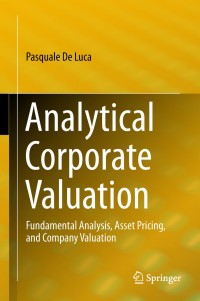Question
Our company makes and sells autonomous drones that collect agricultural data. We have been trying to expand our market and sell our drones to governments
Our company makes and sells autonomous drones that collect agricultural data. We have been trying to expand our market and sell our drones to governments and private companies to collect forestry data in national parks, private forests, and commercial timber growers. in order to make this, we are currently bidding on a contract to provide 1,700 drones to the largest private operator of timber reserves. These drones would have to be delivered this year. The following information is available to help us develop the bid:
- Our practical capacity this year is 11,300 drones;
- We plan to make and sell 10,500 drones at the regular price of $490 each (this does not include the 1,700 drones in the bid);
- Our normal absorption cost per unit for the 10,500 drones is $263;
- Our variable selling cost per unit of the 10,500 drones is $14. We will not incur any variable selling costs on the 1,700 drones if we win the bid;
- Our direct materials cost per drone is $41, and our direct labor cost per drone is $37;
- Our manufacturing overhead is 25% variable, 75% fixed.
- The 1,700 drones in the bid will be identical to our current drones, with the following exceptions:
- As stated above, these drones will not incur any variable selling costs;
- These drones will have $3 of additional direct materials cost per unit.
What is the break-even price per unit we should bid on these 1,700 drones (i.e., at what price per unit would the effect of winning the bid on our NOI equal to zero)?Round your answer to the nearest cent.
Step by Step Solution
There are 3 Steps involved in it
Step: 1

Get Instant Access to Expert-Tailored Solutions
See step-by-step solutions with expert insights and AI powered tools for academic success
Step: 2

Step: 3

Ace Your Homework with AI
Get the answers you need in no time with our AI-driven, step-by-step assistance
Get Started


